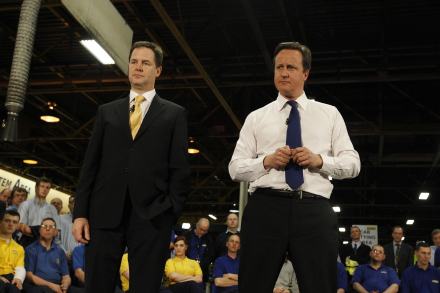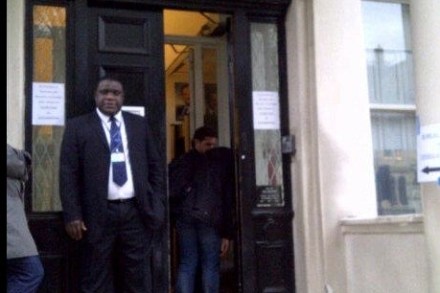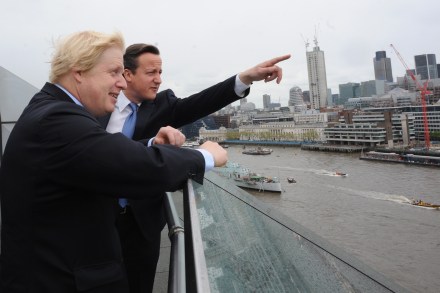Tory Plans for an EU Referendum are Baffling and Incoherent
I wish the Conservative party’s attitude towards european policy made more sense. To be more specific, I wish the Prime Minister’s attitude made more sense. One can respect the views of, say, Bill Cash or Michael Heseltine without needing to agree with them. They have the merit of holding views that are easy to understand. This does not appear to be the case as far as David Cameron and his closest chums are concerned. And so, I’m afraid, James’s column in the magazine this week makes depressing reading. The Cameroons, he says, are shaping up for a referendum on the EU and this seems likely to be a manifesto commitment
















